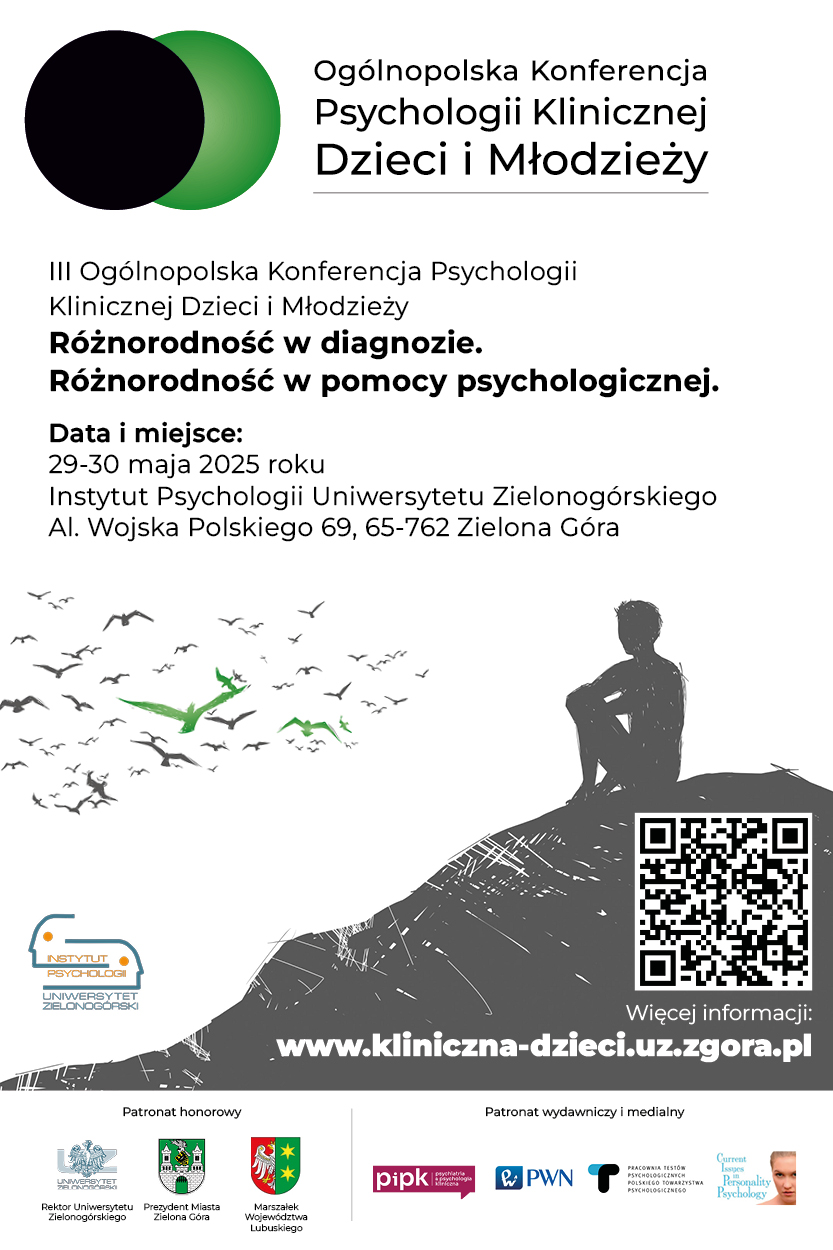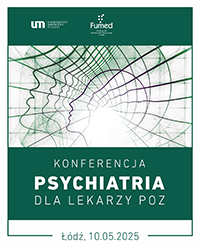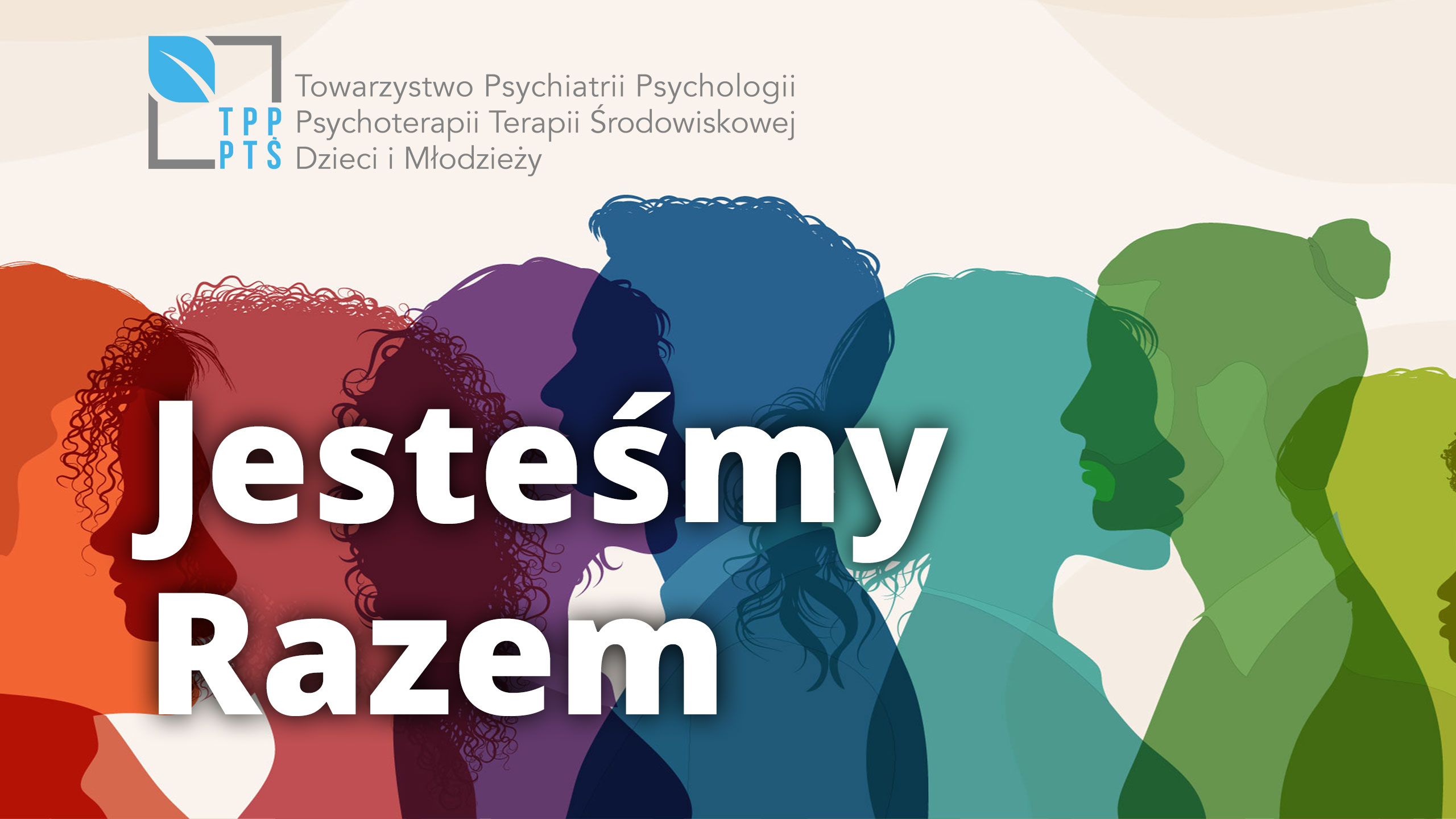The Bergen Study Addiction Scale: psychometric properties of the Italian version. A pilot study
Yura Loscalzo, Marco Giannini
 Affiliacja i adres do korespondencji
Affiliacja i adres do korespondencjiAim: A new potential clinical condition related to overstudying, namely study addiction (Atroszko et al., 2015) or studyholism (Loscalzo and Giannini, 2017), has been recently proposed in literature. This study has been aimed at analysing the psychometric properties of the Italian version of the Bergen Study Addiction Scale (BStAS) (Atroszko et al., 2015). Material and methods: We recruited a sample of 374 university students aged between 18 and 47 years old (Mage = 24.30 ± 4.85). The students’ years of study and major subjects varied. By means of exploratory and confirmatory factor analyses (EFA and CFA), we analysed the instrument’s factorial structure. Moreover, we evaluated its internal reliability and divergent validity. Results: The Italian version of BStAS does not have fully satisfying psychometric properties. Two items (i.e. salience and tolerance) in this scale are problematic, as shown by both EFA and CFA. Conclusions: This study provides support for the usefulness of BStAS for future studies aimed at a further analysis of the features of this new potential clinical condition. However, more extensive research is needed to improve its psychometric properties in Italian students.






















